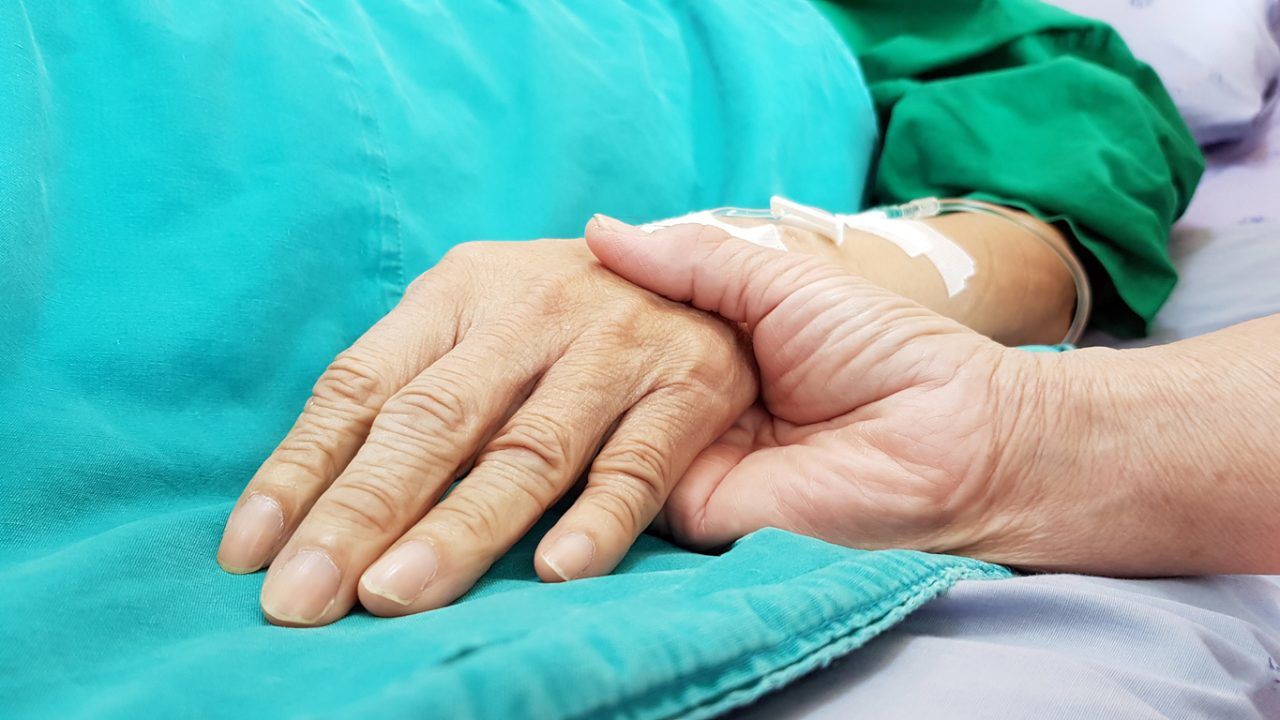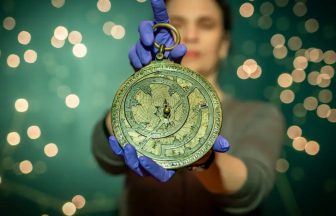Terminally ill people in Scotland are “dying in pain” as they struggle to access palliative care at home on evenings and at weekends, a charity has warned.
New research funded by end of life care charity Marie Curie found that out of hours care is often “inadequate and fragmented”.
It also found that many patients are resorting to attending emergency departments when care in the community is not available.
The UK study found that there were more than 130,000 visits to A&E in Scotland by people in the last year of their life in 2020, and that more than 80,000 of these happened out of hours.
These visits increased dramatically in the final three months of life, with the charity suggesting people were unable to get the care and support they needed at home.
Patricia O’Callaghan, from East Kilbride, cared for her 81-year-old father Joseph O’Donnell, who had dementia and cancer in his neck and died on February 15, 2021.
“My father had already had cancer removed from his neck and half of his ear removed in 2015 but we were devastated to find out in 2020 it had come back, and he had six months left to live,” she said.
“They would say, ‘I don’t see anything wrong with him. He doesn’t need pain relief.’”
Patricia O’Callaghan
“I was constantly calling the district nurses to administer pain relief. We waited hours.
“Because dad was drifting in and out of consciousness, by the time a nurse would come in to see him they would say, ‘I don’t see anything wrong with him. He doesn’t need pain relief.’
“When I complained about how long it was taking them to come, I was told there were only two nurses covering the whole of the south side of Glasgow at night-time.
“It was inhumane what happened to my father. As his carer, I felt in a powerless position to not be able to help a vulnerable adult. I just wanted the best for him, and I felt like we’d been completely abandoned.
“The last two nights of his life I had the Marie Curie nurse come in who gave phenomenal support to him but up until then I felt completely isolated in my caring role. I didn’t have a named person or a particular nurse who was guiding me.”
“This research paints a bleak picture of out of hours care in many areas across Scotland, but we cannot tell people to die during office hours,” said Amy Dalrymple, Marie Curie’s associate director of policy and public affairs in Scotland.
The charity is calling for better palliative care in the community – including on evenings and at weekends – to help improve the quality of life for dying people, and reduce pressure on emergency services.
“It was inhumane what happened to my father.”
Patricia O’Callaghan
Ms Dalrymple continued: “Caring for a family member or friend is a final act of love but the reality is that a lack of care, especially late at night, is causing unnecessary pain and distress to patients which often leaves families feeling that they have let their loved one down.
“A designated phoneline is considered crucial for out of hours care and one of the most valuable services that can be offered to patients and their carers.
“It would also help prevent avoidable emergency admissions to hospital, which increase pressure on an already stretched NHS.
“There must be high quality care available for dying people 24 hours a day, seven days a week, to all who need it, regardless of where they live.”
The study, titled Better End Of Life 2022, also found out of hours emergency visits to hospital were higher among people living in the more deprived areas compared to people living in the less deprived areas.
Researchers found a very high rate of emergency department attendance among men aged under 65 living in deprived areas in Scotland, which they said needs further exploration.
The research was carried out by King’s College London, Cicely Saunders Institute, Hull York Medical School at the University of Hull, and the University of Cambridge.
Professor Katherine Sleeman, from King’s College London and lead researcher on the Better End of Life programme said: “Because we know that demand for palliative and end of life care will increase over the next decade, it is essential that the gaps in services out of hours are addressed, so that everyone with advanced illness has access to the right care, whenever and wherever they need it.”
The Scottish Government has been approached for comment.
Follow STV News on WhatsApp
Scan the QR code on your mobile device for all the latest news from around the country


 iStock
iStock
























